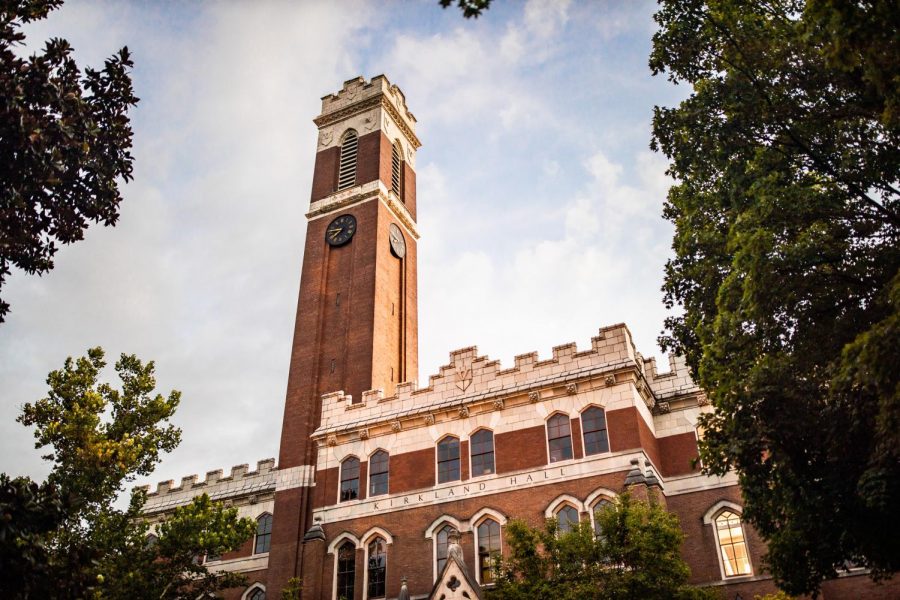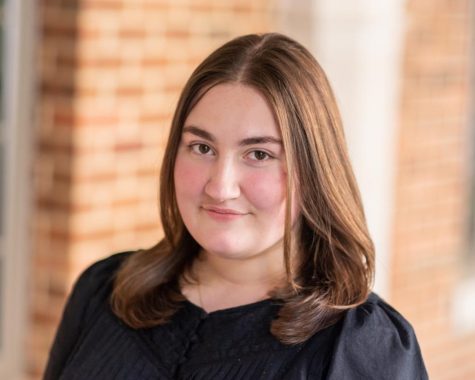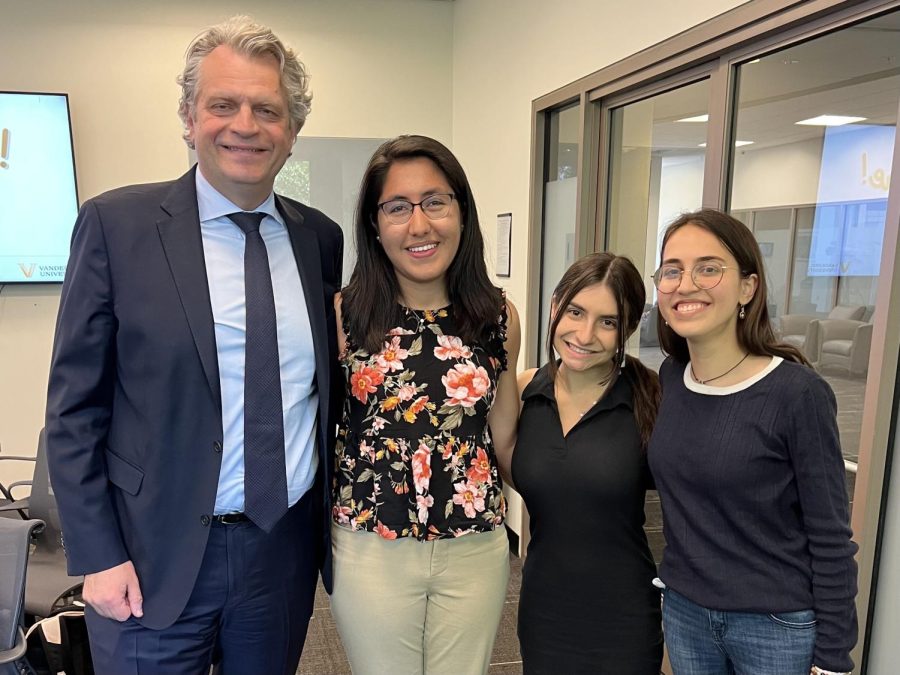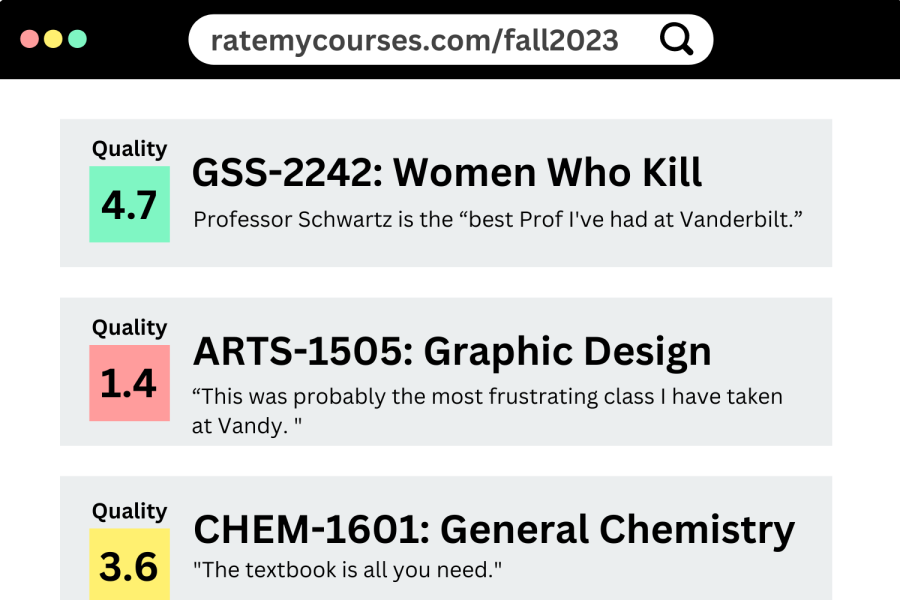Vanderbilt appears to be the best of both worlds for students: a top-tier research institution with a strong liberal arts ethos. However, AXLE (Achieving EXcellence in Liberal Education), the College of Arts and Sciences’ distribution requirements, falls short of its liberal arts mission.
Even though they are not in pre-professional programs like H.O.D. or engineering, students in the College of Arts and Science still end up being pushed into the groups of pre-med or pre-law. Students who haven’t planned out the rest of their lives are sidelined by career coaches and CASPAR advisors alike. Thus, students who want a broad education, and to explore all areas of a liberal arts curriculum, are disadvantaged. Consequently, Vanderbilt is neither living up to its own reputation as a liberal arts institution nor meeting the standards set by its peer institutions. It certainly is not giving students the multidisciplinary education or the critical thinking skills necessary to create solutions for real world problems.
A weekly opinion poll conducted by The Hustler on AXLE’s reception found that 47 percent of students have mixed feelings on it and would like to see it improve, 35 percent think it is superfluous, and just 17 percent said it has enriched their education. The poll had 72 responses at the time of this op-ed’s publication.
For starters, let’s take a look at the AXLE requirements, the liberal arts standards for students in the College of Arts and Sciences. Students are required to take one first-year writing seminar, two more writing courses, three “Humanities and Creative Arts” (HCA) courses, three “International Cultures” (INT) courses (including foreign language proficiency), one “History and Culture of the United States” (US) course, three “Mathematics and Natural Sciences” (MNS) courses, two “Social and Behavioral Sciences” (SBS) courses and one “Perspectives” (P) course.
Some peer institutions, like Columbia and the University of Pennsylvania, require students to take specific courses or have more defined class requirements that force students to fully engage with all parts of a liberal arts education. By permitting students to take “easy” courses to fulfill “an integral part of Vanderbilt’s rigorous academic environment,” Vanderbilt allows students to pick and choose which parts of the liberal arts experience they want to keep, and which they want to ignore.
The liberal arts themselves end up being seen as red tape rather than a fully immersive intellectual environment or a challenge to normative assumptions about educational processes and students’ individually-held previous beliefs.
One of Vanderbilt’s key claims is that AXLE represents Vanderbilt’s “strong commitment to diversity—of thought, race, gender, geography, experience, and socioeconomic background.” This focus on social justice and diversity is addressed by AXLE with just one course requirement: the “Perspectives” course. According to Vanderbilt’s CASPAR guide, “Courses in this category give significant attention to individual and cultural diversity; multicultural interactions; sexual orientation; and gender, racial, ethical, and religious issues within or between cultures.” The CASPAR guide states its goal that students “explore deeply” these important issues, which is hard to accomplish in only one course; instead, many students will just check off their three credit hours.
Additionally, the existence of courses that are known for being AXLE loopholes, like The Dynamic Earth, affectionately nicknamed “Rocks for Jocks,” don’t succeed in offering an “interdisciplinary environment that trains you to forge connections across specializations,” because nearly every student is there only to fulfill their MNS credit (i.e. they are humanities and social sciences majors). These students don’t actually represent the varied fields of study in the College of Arts and Sciences. And students whose primary fields of study are biology and English, respectively, for example, practically never get the chance for cross-disciplinary engagement.
This is not to advocate that humanities students be forced to take hard sciences or that STEM students be forced to write 20-page literature papers, but it is to propose that Vanderbilt consider ways to reflect interdisciplinary perspectives in classes that could count as MNS or HCA credits. As mentioned in this op-ed, students should take classes for AXLE credit that expand their knowledge on the subjects they wish to pursue in both their major and outside of academia.
Closer inspection of some AXLE course offerings calls into question why they are classified the way they are. For example, in the Fall 2020 semester, the courses Asian American Literature, African American Literature and Jewish American Literature were all offered in the English department as 3000-level writing courses. They were all grouped together by the English department but differently by AXLE: as Perspectives, US and HCA credits, respectively. This seemingly arbitrary classification not only creates confusion for students who are trying to fulfill their requirements but also raises questions about why the literature of these cultural groups is viewed and valued differently by AXLE.
While these problems continue to persist, we may see some changes in the near future. One such example is the coalition of Asian students working to add to the Asian Studies department. Moreover, with the election of our new student body President Hannah Bruns and Vice President Kayla Prowell, we may see changes with regard to cultural diversity within the AXLE requirements; one of their campaign promises was to add a cultural studies course as a requirement. If Vanderbilt wants to follow through on its liberal arts promise, AXLE needs to be reformed.
AXLE may encourage students to pursue more varied course offerings they otherwise would not, however, this will only be beneficial if students view this as an opportunity rather than a hindrance. Currently, many students view AXLE as a nuisance, but it could become truly engaging if interdisciplinarity were prioritized. And, as students start picking their classes for the upcoming Fall 2021 semester, we hope to see more students asking themselves whether they are taking classes that truly expand their knowledge (in both breadth and depth) or whether they are in college just to check off a couple boxes and get a diploma.









